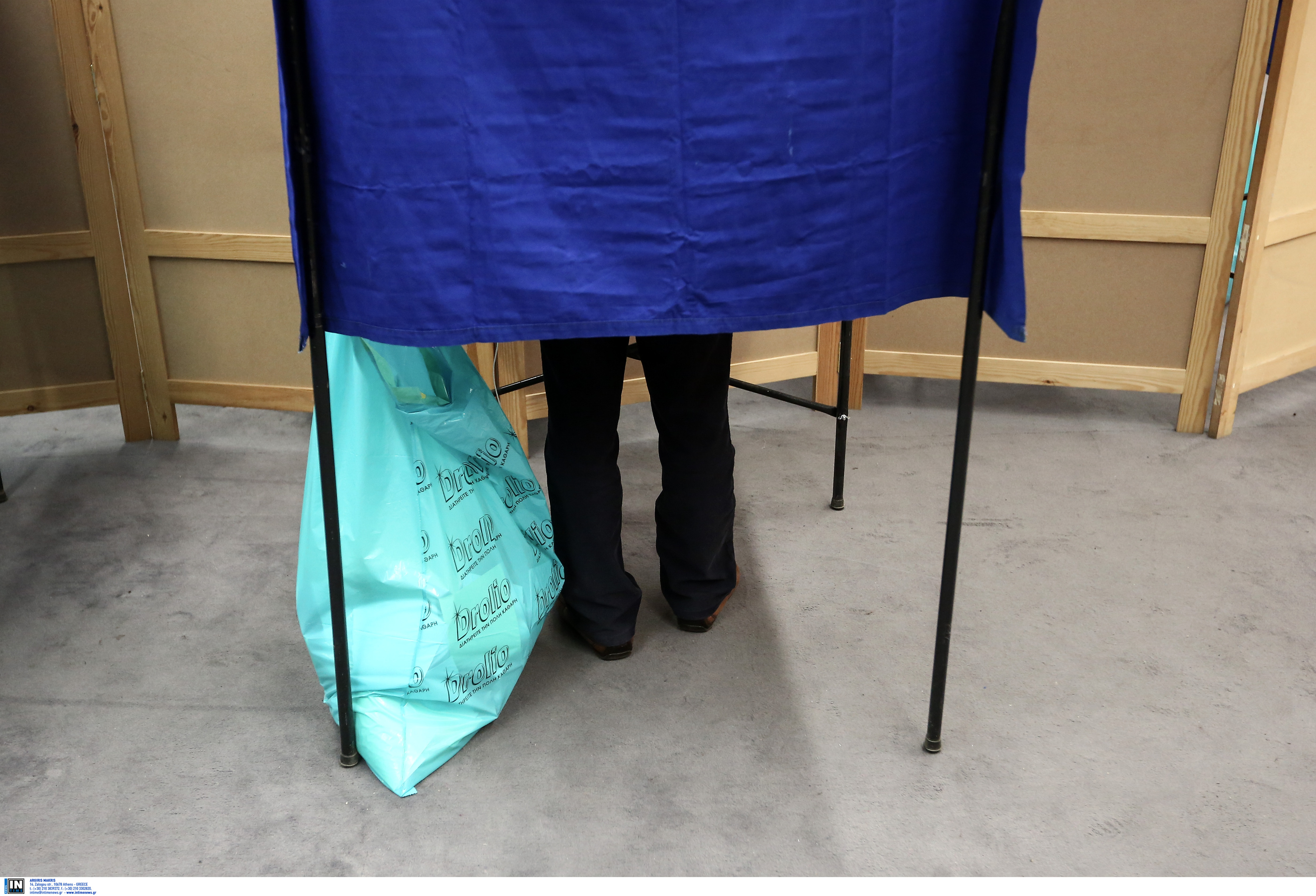The first polls confirm that a sense of fluidity and confusion is dominant among the electoral body.
At present the voters are assessing the consequences of the seven-month governance of SYRIZA, taking into account the capital controls and the last minute rescue, where the Grexit was averted and of course they are observing the ongoing splitting up of SYRIZA.
They continue to tolerate and give opportunities to Mr. Tsipras, as they remain suspicious of his opponents.
Currently the governing party is going through a period of awkwardness, due to the split and commotion caused by Mr. Lafazanis and Mrs. Konstantopoulou, but it is certain that as soon as the election campaign period is launched, it will strike back and play the stability and being the guarantor of the Eurozone membership cards.
Mr. Tsipras is banking on clearing up SYRIZA and the people’s desire for stability. He is essentially expecting to cover his loses from the left, by penetrating the center. This ideological discoloration may likely bring him new voters.
The first indications after all do not allow Mr. Lafazanis’ Popular Union to be hugely optimistic about their performance in the upcoming elections. The intonation of the attributes of the specific political movement is probable repelling more voters than it is attracting them.
On the other hand, Mr. Meimarakis may be able to hold onto the remaining New Democracy voters, but he does not appear to be able to turn the tables on Mr. Tsipras. σταθεροί δεσμοί των κομματικών δυνάμεών του με τους ψηφοφόρους του.
The truth is that the seven-month experience of SYRIZA in power has discouraged sections of people who trusted Mr. Tsipras’ party, after being frustrated over the real estate taxes and may likely go home disappointed, however the New Democracy alternative remains unattractive, without the necessary momentum to overthrow the existing electoral correlations.
Beyond that there is major fragmentation in the center. Mr. Theodorakis’ River party is struggling, it appears to be running out of ideas and strength; in its ultra-liberal version it is allowing voters to switch over to New Democracy, more than anything else.
There is also the tendency to “return home” among voters, which will benefit the salvation and relative strengthening of PASOK.
The Communist Party is trying to fortify itself against the threat of the Mr. Lafazanis’ party and is supported by its organization and stable bonds with its voters.
Golden Dawn on the other hand has the opportunity to grow stronger due to the refugee crisis and one cannot ignore the case of Vasilis Leventis, who is enjoying unexpected and unexplained popularity.
In general one could say that four weeks before the polling stations open, the climate suggests a fragmentation and results similar to the European elections of 2014.
As soon as the election campaign period is officially announced though things will change, tension will peak, dilemmas will be posed, the new polarization will likely dominate. Ultimately we may have an electoral stand off from the past, which will in turn create the condition of a new bipartisan system to prevail, which the main enter-left and center-right poles are remodeled.
Antonis Karakousis





